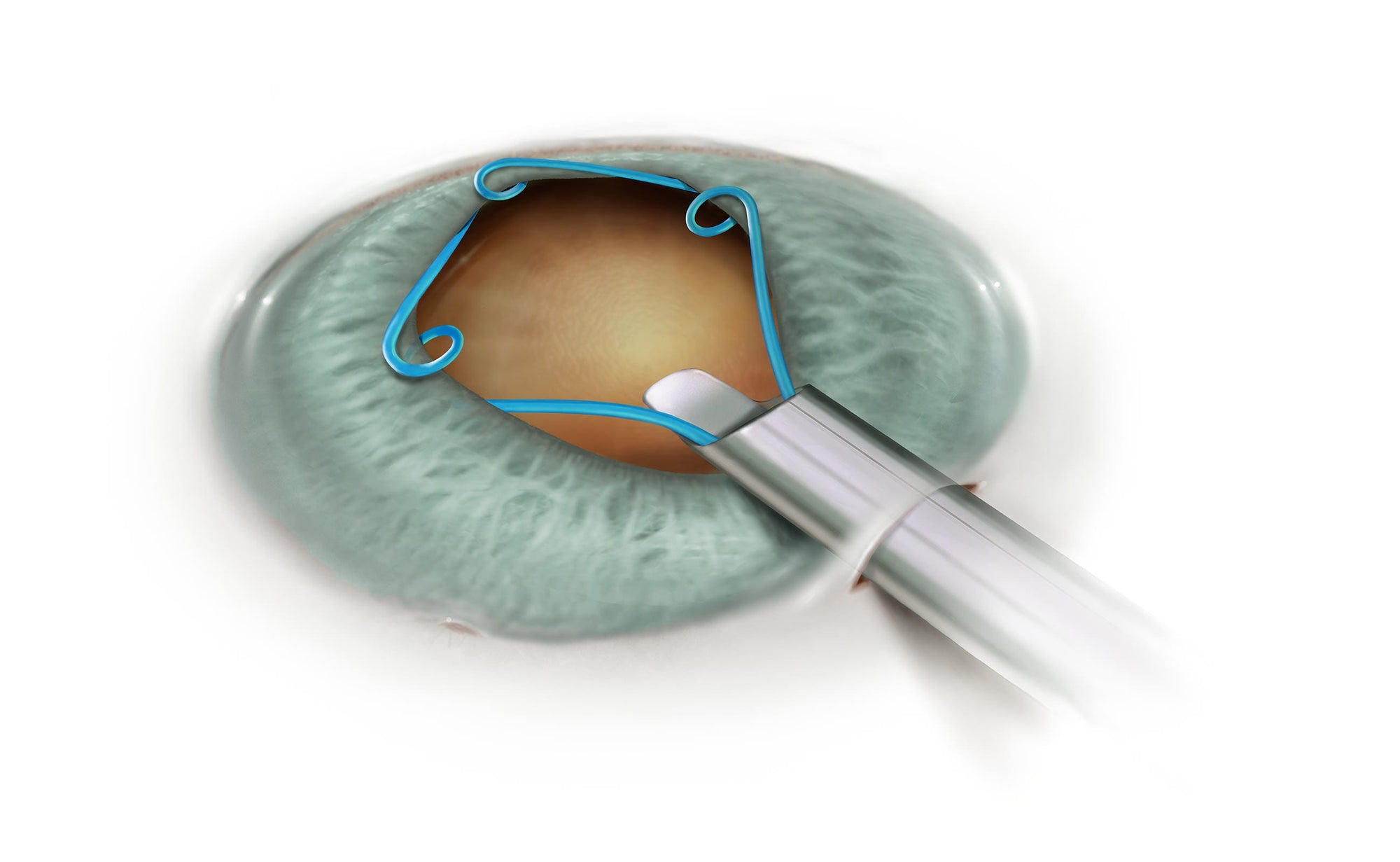Dr. Paul Krawitz completed his ophthalmology residency and glaucoma fellowship at Mount Sinai Medical Center in 1990. Since that time, he has refined his cataract surgery technique, based upon tens of thousands of surgeries performed and utilizing the most advanced published techniques and state-of-the-art equipment.

Several published scientific studies have have shown that eye surgeons who perform a high volume of surgeries have better results when compared with ophthalmologists who have low volume surgical practices. This may be due to many factors, including a wider range of diagnoses, greater comfort with instrumentation, more sensitive interpretation of operative findings, or other factors.
Dr. Krawitz performs hundreds of cataract surgeries each year, including femtosecond laser technique and using toric and multifocal lens implants. In more than 99% of patients, his surgeries are performed without injection anesthesia, sutures or a post-operative patch. The majority of his surgeries are completed in under 10 minutes in a private ambulatory surgery center. Activities following surgery are generally unlimited, except for driving home on the day of surgery or swimming underwater for two weeks.
In Dr. Krawitz's hands, patients describe themselves as very relaxed during the procedure and without pain or discomfort. Most patients say that they can't believe it was over so quickly.
The patients are seen the next day at 11 AM, when Dr. Krawitz reviews post-operative instructions to the group as a whole before they are taken back to the clinical area for individual examinations. "Cataract Class," as this Day 1 Post-Op visit has come to be known at Huntington Eye Care, is typically quite festive, with patients continuing conversations with each other that they started while at the surgery center the day prior.
There are risks and benefits to every surgery, and individual results may vary. We invite you to make an appointment in our OCLI Huntington Park Avenue office by calling us at (631) 223-0400 to discuss your individual needs and concerns.














